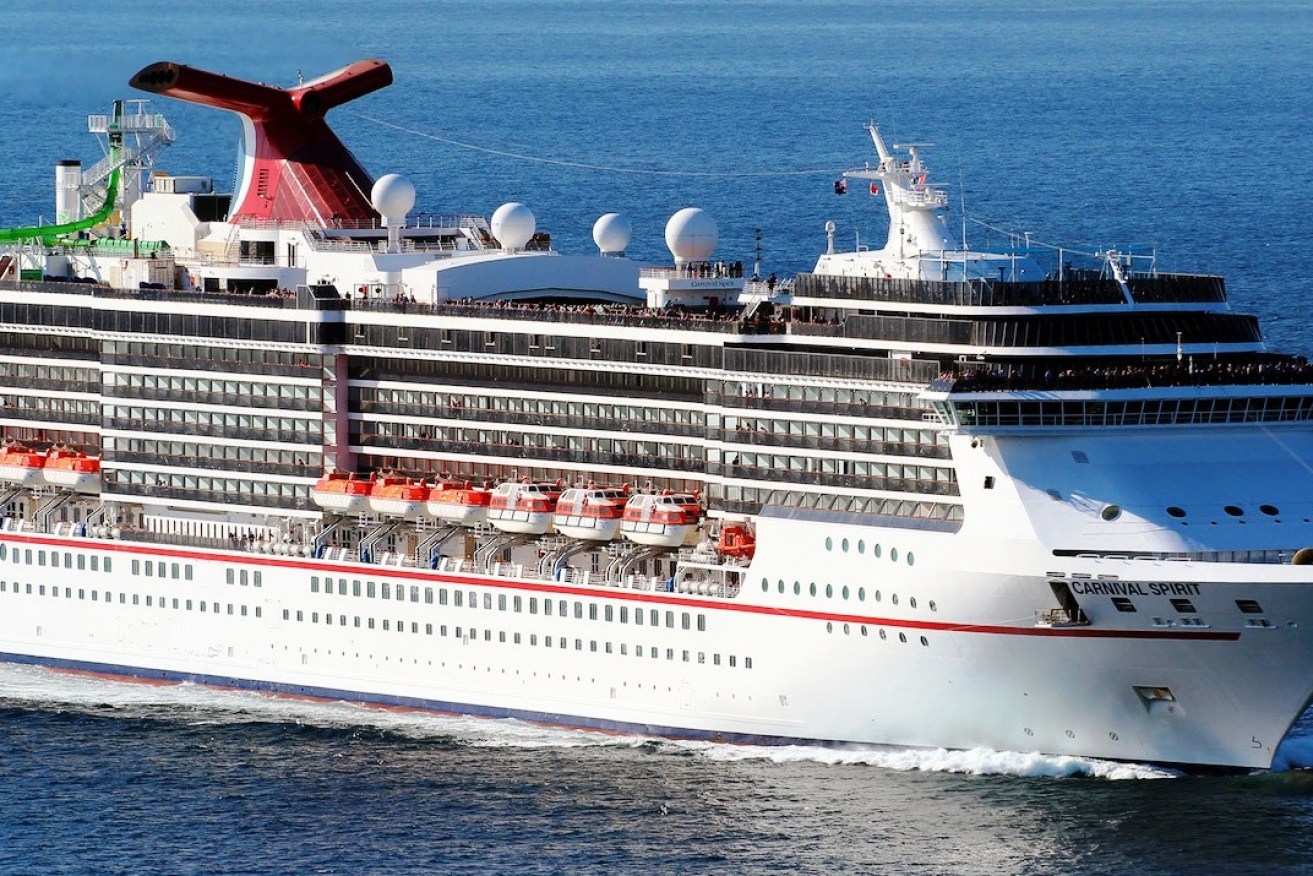All at sea: cruise ship passengers denied better rules on compensation
After deliberating for three years, the Federal Government has decided now is not the time to shift compensation rights in favour of international cruise passengers.

(image Carnival Cruise Lines).
The government had consulted and taken expert advice on whether Australia should sign up to the Athens Convention to give greater clarity over passenger rights on international cruises. Signing up would have shifted the burden of proof for ‘shipping incidents’ – those that cause injury, death, or the loss of luggage – from the passenger to the carrier and provided clearer channels to resolve legal disputes.
While the government accepted passengers faced uncertainty on international cruises, and the Australian Competition and Consumer Commission backed the Athens Convention in-principle, it ultimately decided to do nothing – even though passengers would have benefitted.
“Whilst there are clear benefits to passengers if Australia were to accede to the Athens Convention, there is no strong or urgent case for government action,” the government states in its newly-published regulatory impact statement.
“The moderate benefits for passengers could be outweighed by the regulatory burden imposed on the cruise industry, and the cost to government of reviewing Australian consumer law and the State/Territory civil liability limitations, so as to ensure uniformity with Australian laws.”
In the consultation phase, the Maritime Law Association of Australia and New Zealand and several legal experts argued for change but the cruise ship companies, specifically Carnival Australia and Royal Caribbean Cruises, gave reasons against it. Those companies are now the subject of legal action.
A Carnival Australia spokesman said the company had argued “the Convention would be of limited effect because Australian consumer law to which we adhere is superior in its scope and degree of protection”.
”Further, any cruise marketed by a Carnival Australia brand to Australian consumers, even where it is wholly international without any Australian ports, is subject to the superior protections offered by Australian consumer law,” the spokesman said.
The government’s conclusion was based on analysis conducted before the COVID-19 pandemic, in which cruise ships were the site and cause of various outbreaks, and the industry was largely shut down as a result. Yet the government is still not convinced the time is right to impose greater burdens on cruise shipping companies.
“The pandemic is likely to have major and ongoing impacts on the cruise ship industry, and the effects of additional regulation may be felt more by the industry,” the documents state.
“During the finalisation of this RIS, it is clear that there is some significant legal action underway regarding the liability of cruise ships. Three cases have the potential to shed light on the ease by which a complainant can take a case against a cruise ship company, and the results of these complaints. The first is a case considered by the High Court of Australia regarding compensation for disappointment in a cruise. The second is a class action being prepared against Royal Caribbean regarding the multiple fatalities during an excursion on White Island. The third is a class action being prepared against Carnival Australia regarding the operation of the Ruby Princess and its relationship to COVID-19 infections.
“Given the changing circumstances and uncertainty over the shape of the cruise industry post-COVID 19, the current legal action, and the lack of an urgent case for change, it may be beneficial to revisit the assessment of the regulatory impact of accession to the Athens Convention at a later date.”
Queensland’s new $177 million Brisbane International Cruise Terminal has been completed but without a shipping schedule to look forward to. The existing, smaller terminal is dormant.












